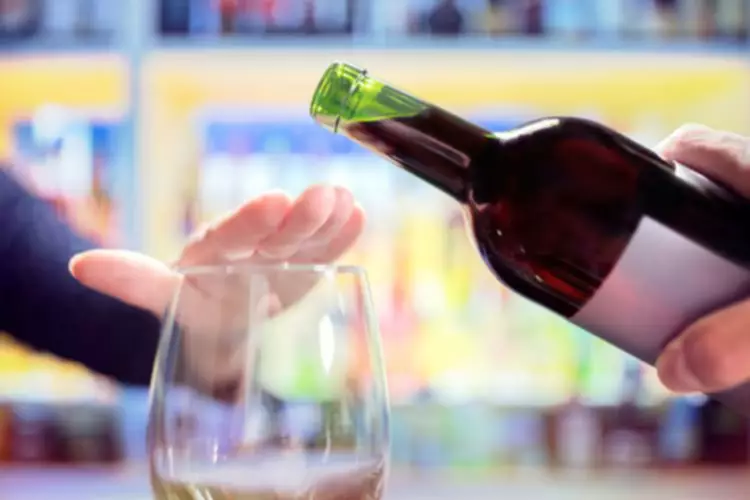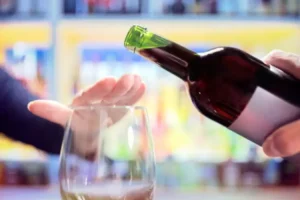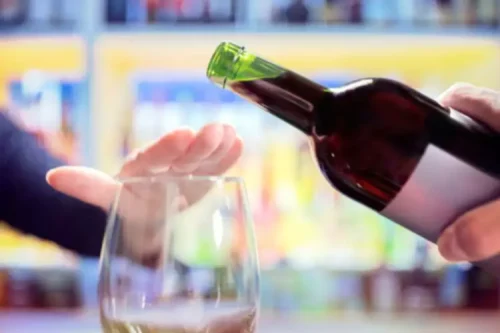How Long Can a Hangover Last? The Science Behind Hangovers BBH

Drinking on an empty stomach may cause nausea or vomiting, so stop immediately and inform the person you’re with how you’re feeling. Alcohol is absorbed more slowly when food is in the stomach before you start drinking. Without food in your stomach, most of the alcohol finds its way into your blood quickly. Caffeine may not have any special anti-hangover powers, but as a stimulant, it could help with the grogginess.
Can you take medication for hangover-related nausea?
A hangover is a feeling of illness that occurs after alcohol consumption. The more when does a hangover end a person drinks, the greater their chance of experiencing a hangover. Depending on different factors, a hangover usually lasts around 24 hours after drinking.

How to Prevent a Hangover While Drinking
Alcohol may seem like an ideal sleep aid, helping us doze off quickly. But while it might make us crash, the quality and structure of the sleep we get isn’t the best — we wake up feeling groggy, even if we slept longer than usual. Let’s explore how alcohol contributes to hangover-related fatigue in more detail. In a 2010 study, researchers compared participants’ self-reported hangover severity after drinking bourbon or vodka. Alcohol has a wide range of effects on your body, many of which contribute to hangover symptoms. Its diuretic or dehydrating effects actually cause most hangover symptoms.
Main Content
So, drinking a higher distilled product makes you less likely to experience a hangover. Buying cheap liquor may have the right price, but it may cost you the next day, depending on your hangover symptoms. Genetics also play a role as genes determine how efficiently people metabolise ethanol, which is the form of alcohol found in consumer beverages. Generally, the length of hangover symptoms is largely based on how much you drink and what you drink. For example, someone who participated in a binge drinking session will have a longer lasting hangover than a person who had a few drinks over a number of hours. Antibiotics can also affect how your body processes alcohol, says Dr. Cox.
Alcoholism Treatment Options

However, drinking more does often make for a more severe hangover, and severe hangovers usually last longer. Still, 24 hours can feel like an eternity when you’re dealing with a mishmash of physical and mental symptoms. And depending on various factors, some symptoms can be worse than others in terms of severity and duration. Other factors that cause hangovers are inflammation and mitochondrial damage, particularly in the liver. Mitochondria are the energy-producing elements in every cell and are susceptible to damage from the free radicals produced by acetaldehyde. Experts also dismiss drinking more alcohol to alleviate a hangover, a practice Alcoholics Anonymous commonly known as “hair of the dog”.

How much you had to drink
- And the more you drink the night before, the more severe your hangover symptoms might feel the morning after.
- Although it’s natural to feel nauseous while hungover, it’s a good idea to be aware of dehydration symptoms.
- Experts also dismiss drinking more alcohol to alleviate a hangover, a practice commonly known as “hair of the dog”.
If your hangover includes diarrhea, sweating, or vomiting, you may be even more dehydrated. Although nausea can https://ecosoberhouse.com/ make it difficult to get anything down, even just a few sips of water might help your hangover. Each person consuming alcohol can have risk factors that make them more susceptible to getting a hangover. It is best to know your risk factors before you drink so you can do what you can to avoid the adverse effects. The amount of alcohol it takes to get a hangover varies for everyone. Some people do not experience hangovers after consuming alcohol.
While the nausea is uncomfortable, it isn’t necessarily cause for concern. The only hangover cure is drinking less to begin with, but there are ways to combat the effects of drinking that may otherwise make you feel ill in the morning. Several factors contribute to the cause of a hangover, but the catalyst for severe hangover symptoms is poor timing. This is because the time a hangover will last all depends on how quickly your body can work through the alcohol. Some people rehydrate using sports drinks containing electrolytes to ease hangover symptoms. However, research has not found a connection between electrolyte disruption and hangover symptom severity.
How to Prevent a Hangover? Before & After Drinking
- While it may be hard to keep food down initially, it is a good idea to try and eat something.
- Drinking can activate the immune system, causing it to respond as if there’s a threat.
- You may build a tolerance to alcohol if you drink enough consistently.
- Depending on different factors, a hangover usually lasts around 24 hours after drinking.
Slow your drinking and avoid being caught up in buying ‘rounds’ which can hurry your personal drinking pace, and consider the alcohol-free alternatives available. But generally, hangover symptoms can last 24 hours or longer. Professional help is a key factor in successfully adjusting behaviors to prevent falling back into a pattern of abuse.
Get the UCLA Health App
Being over-inflamed weakens the immune system and can prolong recovery. Alcohol inflames the intestines and stomach, leading to an increase in acids. You may experience nausea, vomiting, stomach pain, and a delay in how the body moves food through the digestive tract.
Let’s explore the hangover timeline and dive into the 6 scientific reasons why hangovers last as long as they do. The occurrence of regular hangovers can begin to negatively impact personal relationships, work performance, and overall quality of life. Prolonged and heavy drinking can also lead to alcohol withdrawal upon the sudden cessation of alcohol use, which could be life threatening. Time without alcohol use is the only true remedy for a hangover. Popular strategies such as cold showers and coffee drinking can briefly increase alertness. If a person experiences a hangover, it is best to drink plenty of fluids to rehydrate the body.
